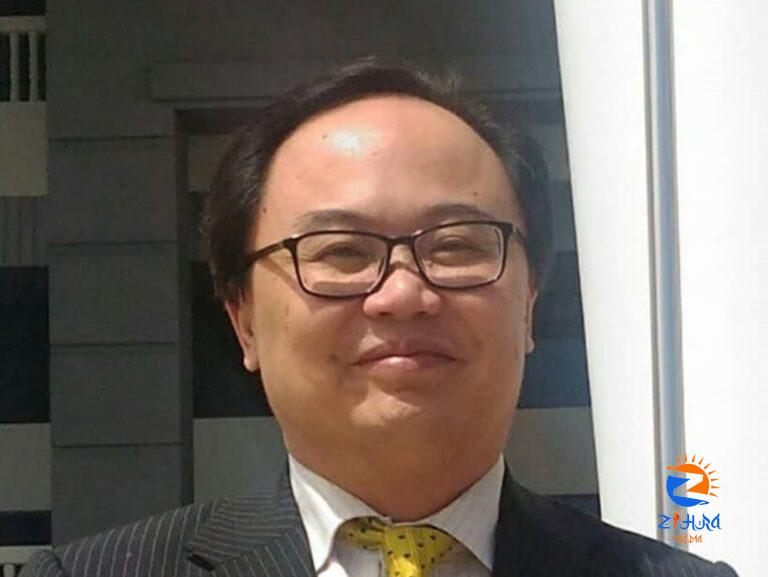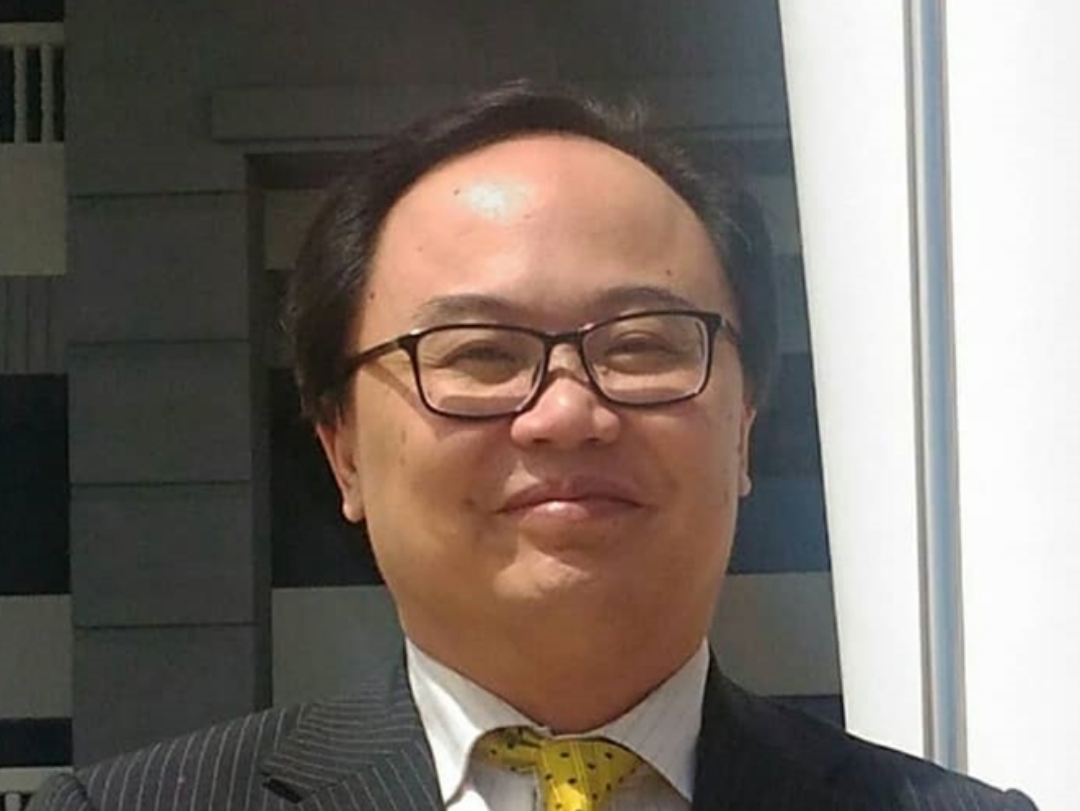
[ad_1]

Prof Dr James Chin
KUCHING (Oct 9): Most people would agree with Parti Sarawak Bersatu (PSB) president Dato Sri Wong Soon Koh’s assertion to delay calling the 12th State Election until the majority of Sarawak’s total population is vaccinated against Covid-19, said political analyst Prof Dr James Chin.
The Professor of Asian studies, University of Tasmania said most people are worried about a repeat of the consequences of the Sabah State Election held in September last year, if the next Sarawak State Election were held earlier.
“By and large most people would agree with Wong about the need to delay the state election until the majority (of people) get vaccinated. Because of the Sabah state election, most people are worried that the same thing will repeat in Sarawak if the election is held in November,” he told The Borneo Post yesterday.
He was commenting on Wong’s call yesterday to Gabungan Parti Sarawak (GPS) not to hold the 12th State Election before the pandemic has abated.
Wong, who is Bawang Assan assemblyman, said the ruling coalition must not place politics over the health and general well-being of Sarawakians, especially with the state consistently recording the highest number of daily Covid-19 infections in the country.
He said he had been informed by trusted sources that the 12th State Election will be held soon because the recent High Court decision to implement Undi18 “does not work to their (GPS’) advantage, hence the haste to avoid this unpredictable block of voters”.
“Further as the ruling coalition, they (GPS) would be able to dictate election procedures during the pandemic to their own advantage, with unfair measures like imposition of a ‘no campaign’ election,” Wong added.
According to Chin, there is no evidence to show that younger constituents would vote against the government.
“What we have is a popular belief that younger people tend to vote against the government or the establishment. This is supposedly a worldwide trend.
“However, there is no data from Malaysia because we have never had any one aged between 18 and 21 being given to vote.
“My take is that while it is probably true that many young people are not happy with the GPS government, it is also true that there is no clear reason to suggest that the younger people in Sarawak will vote against GPS,” he said.
He opined that young people complaining about the government of the day did not mean that they would vote against the government on the polling day.
“A perfect example is that Sarawak for the longest time, before the election, there is a lot of rumbling about Native Customary Right (NCR) land issue.
“If you just go by the noise of NCR land issue, the government is in a bit of trouble in Dayak-majority seats in rural areas. Yet despite all the noise about NRC, the GPS and formerly Barisan Nasional (BN) kept winning the rural areas.
“So noise does not equate to votes. But the reality is that even if they hold it (the next state election) in November or early next year, they cannot avoid the Undi18. It is a question whether they face them (younger voters) this or the next election,” he added.
Chin asserted that Undi18 should not be a factor in deciding when the next election should be held.
He said this is because the new voting policy will be implemented and political parties have to face this group sooner rather than later.
According to him, GPS has set up a lot of non-governmental organisations (NGOs) or Civil Society Organisations (CSOs) to engage youths aged between 18 and 21 in light of Undi18.
“A lot of these CSOs in Sarawak are not independent, they are supported by the GPS to reach out to the younger people or for a game they call Sarawak First or Sarawak Nationalism to promote GPS,” he added.
[ad_2]